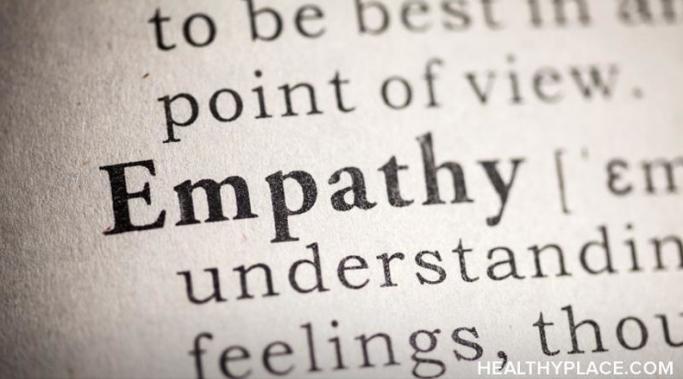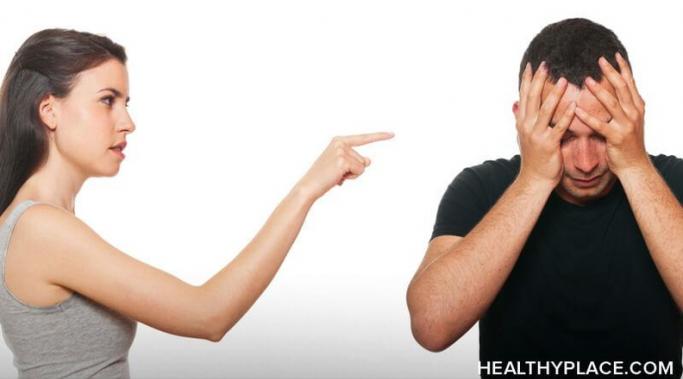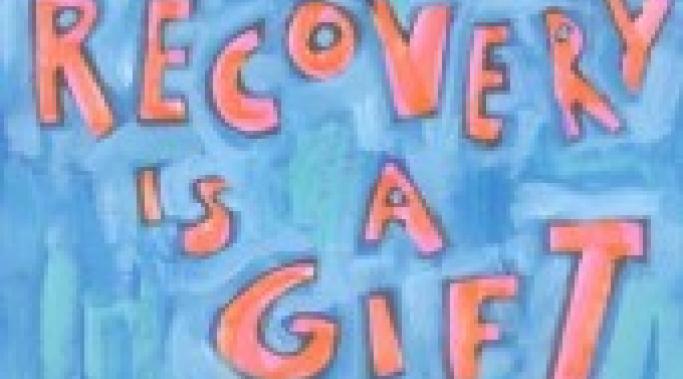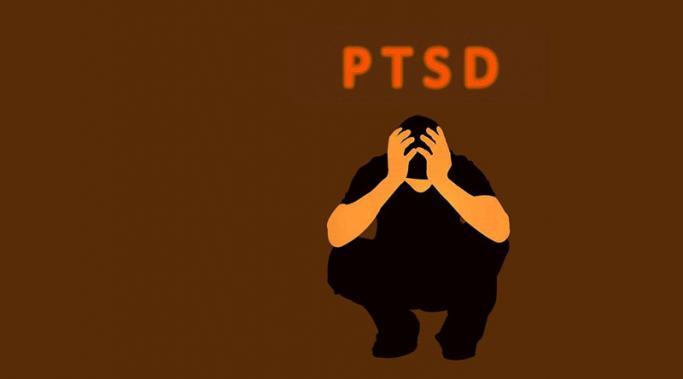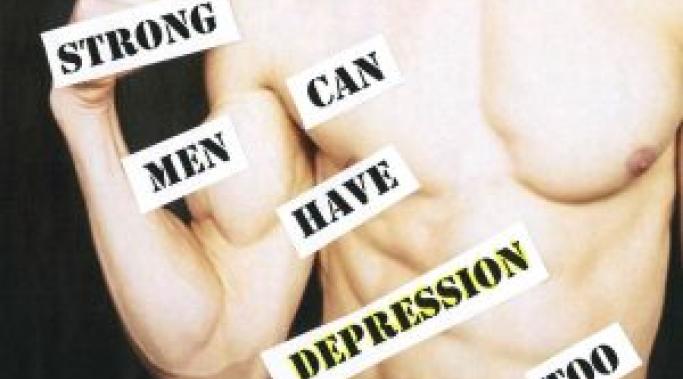Blogs
When people ask, "Why do women stay in abusive relationships?" the answers are often too simple. There could be financial reasons, but if the abusive spouse died, would the victim wonder if they could support themselves to the point of doing nothing to advance their employability? (No.) There are the children to consider, but if the abusive spouse died, would the victim insist on finding a replacement right away? (No.)
Although finances and children are reasons victims cite for staying, one true reason they stay is a deeply implanted fear that they cannot make it in the world alone. My abuser implanted this fear so deeply in my mind that instead of recognizing the abuse in my relationship, I instead prayed that he would die. I consciously acknowledged the fact that he made my life hell, but the thought that I could divorce him remained outside my realm of consciousness. Abuse causes illness of the mind and body, and brainwashing sets both illnesses in motion.
First, let's define empathy on a basic level. According to Wikipedia:
"Empathy is an ability with many different definitions . . . ranging from caring for other people and having a desire to help them, to experiencing emotions that match another person's emotions, to knowing what the other person is thinking or feeling, to blurring the line between self and other."
In short: Empathy is the ability to understand other people, recognize their pain and have an instinctual desire to help them.
It is 12:20 a.m. and I'm hot. Sweaty. And decidedly not hungry in spite of the fact that I've barely eaten all day.
Then I look at my thighs. My upper arms. The little pouch of my stomach. And I groan, realizing that I'm about thirty pounds heavier than my lowest weight while in the midst of anorexia.
I want to be healthy, right? I want to be free of anorexia. . . yes?
Or am I still ambivalent after all this time?
We still hear it sometimes: it's the family's fault.
"They were too demanding during childhood."
"That mother is so overprotective."
"No wonder you have issues; your parents are cold and withdrawn"
"If we can just get you away from your family dynamic, you will recover so much more quickly."
You know, maybe sometimes that is true.
Learning to think positively can be a difficult task, and hinder growth and self-esteem. Our author talks about how to overcome negative thought patterns and embark on a path to positive thinking.
Anger is often anxiety's evil twin. We may express ourselves out of anger, but our problem is anxiety and all of its worries and fears. It can be very helpful to know when anxiety is behind anger; then we can address the right problem. So, do you have an anger problem or an anxiety issue?
It's a myth as old as trauma--"I let it happen." It's easy to believe it and blame ourselves for the trauma that led to our symptoms of borderline personality disorder (BPD). But it's a myth that can be very destructive, and we need to realize that.
No one ever says, "When I grow up I want to be a drug addict." As for myself, I recall my mother using that term and I had not a clue as to what she was talking about. I could not conceive of the idea that a person could not control his behavior. Becoming an addict was the furthest thing from my mind.
I like the topic of the post--although I do not like living with posttraumatic stress disorder (PTSD). It's something I have not written about in previous posts, so let's talk about it.
I certainly don’t need to convince any of my readers that mental health stigma is a living, breathing entity that can exist in all walks of life. But ask yourself just how much of that stigma is created in our own minds due to our distorted perceptions of the world around us?
Although not my favorite doctor to quote, Dr. Phil has in fact said it best. “You wouldn’t care about what people think about you if you knew how little they did.’

